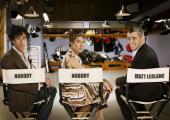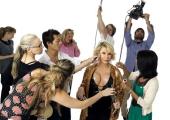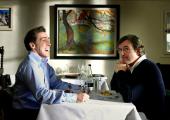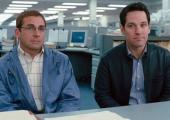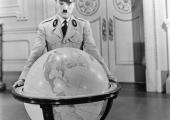The Story of Variety, BBC Four

Michael Grade's funny but poignant documentary about the bygone art form
For those whose only knowledge of the form is the Royal Variety Performance, this programme (part of BBC Four’s variety season) gave a nice, if all too brief, overview. The first of a two-parter was presented by Michael Grade, whose family is variety royalty - generations of Grades were performers and agents, and latterly television executives.

